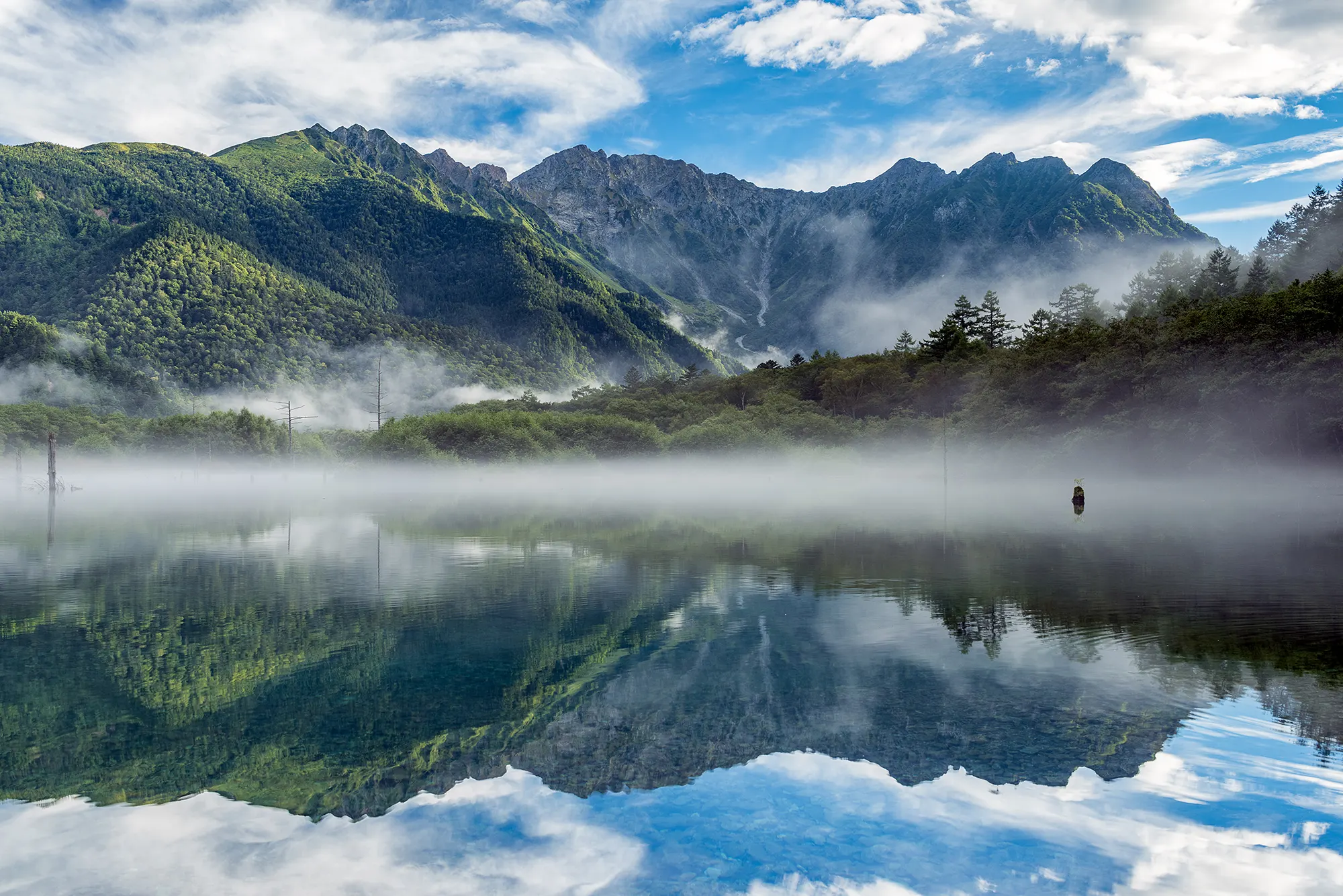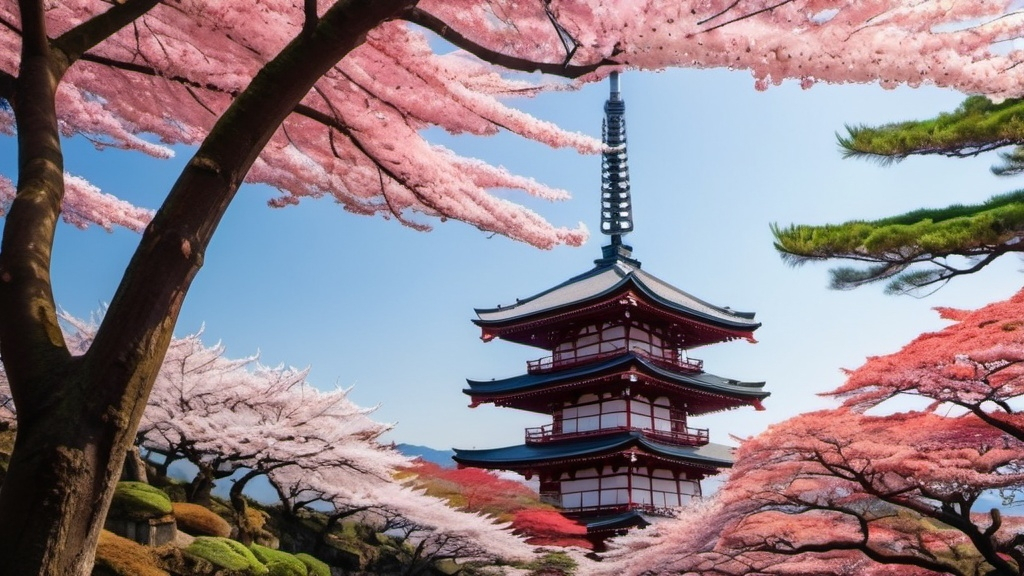Discover Japan's Ecotourism Gems: Nature, Culture, and Sustainability

1. Introduction to Ecotourism in Japan
Explore Japan's commitment to sustainable travel, with a focus on preserving its pristine natural environments and cultural heritage through eco-friendly practices.
2. Yakushima Island: UNESCO Biosphere Reserve
Embark on a journey to Yakushima Island, a UNESCO Biosphere Reserve renowned for its ancient cedar forests, unique wildlife, and breathtaking hiking trails.
3. Shiretoko National Park: Untamed Wilderness
Discover the rugged beauty of Shiretoko National Park, located on the remote northeastern tip of Hokkaido, home to diverse ecosystems, including lush forests, pristine lakes, and towering cliffs.
4. Kamikochi: Alpine Paradise
Immerse yourself in the scenic beauty of Kamikochi, nestled in the heart of the Japanese Alps, offering stunning mountain vistas, crystal-clear rivers, and picturesque hiking routes.
5. Iriomote Island: Tropical Wonderland
Experience the unspoiled beauty of Iriomote Island, part of the Yaeyama Islands in Okinawa Prefecture, where dense jungles, mangrove forests, and pristine beaches await exploration.
6. Ogasawara Islands: Remote Archipelago
Escape to the remote Ogasawara Islands, a UNESCO World Heritage Site located south of Tokyo, known for their unique ecosystems, endemic species, and crystal-clear waters ideal for diving and snorkeling.
7. Kyoto: Sustainable Tourism Initiatives
Learn about Kyoto's efforts to promote sustainable tourism, with initiatives focused on preserving historic sites, promoting local artisans, and encouraging eco-friendly transportation options.
8. Satoyama Villages: Rural Traditions
Discover the charm of Japan's Satoyama villages, where traditional agricultural practices coexist harmoniously with nature, offering visitors a glimpse into rural life and cultural heritage.
9. Minamata: Environmental Awareness
Explore Minamata, a city on the island of Kyushu, known for its tragic history of mercury poisoning and its ongoing efforts to raise awareness of environmental issues and promote sustainable development.
10. Conclusion
From lush forests and pristine beaches to remote islands and rural villages, Japan's ecotourism destinations offer travelers an opportunity to connect with nature, immerse themselves in local culture, and contribute to the preservation of the planet.


